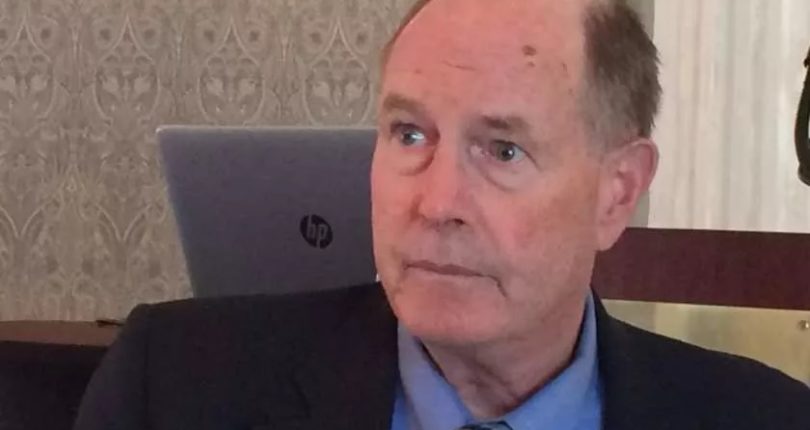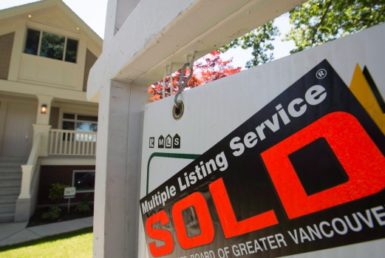
While Alberta is smart to invest in infrastructure, the province needs new revenue streams such as a sales tax to pay for it, former Bank of Canada governor David Dodge says.
The March provincial budget puts a record $9.2 billion into health facilities, roads, maintenance, environmental initiatives and other projects under its massive construction, repair and upgrading plan.
Although the government expects to run up a $10.3-billion deficit in 2017-18, Dodge said Tuesday he doesn’t mind borrowing for such work when the economy is slow, as it has been for the last couple of years.
“It creates an opportunity to make some of the investments that you didn’t want to make in 2012 and ’13 because you already had an overheated construction sector … It’s a really good idea,” he said following his spring Bennett Jones economic update.
“People don’t like the consumption tax, but if you rely on the income tax, then in fact you make yourself increasingly less and less competitive,” he said.
“Calgary and Edmonton are attractive cities to live in compared to some of the U.S. cities, but … if your disposable income is much lower because of a high rate of tax, then that offsets it. Governments have to be very careful about that marginal rate of tax.”
Although he’s not concerned about the deficits Alberta is currently running, he said the province can’t rack up large amounts of red ink indefinitely.
“I think the government was actually very smart to make the investment that it’s making in the hospitals … and to make the investment in the roads,” he said.
“But you better have a revenue stream.”
Dodge told his audience he expects renegotiation of the North American Free Trade Agreement to start this fall, and the oil and gas industry will likely try to enshrine Mexican reforms of the sector in an updated deal to give investors more security and make it harder to refuse cross-border energy projects.
He sees the global economy strengthening from his forecast last fall, led by better-than-expected growth in Europe, Japan and China, and what appears to be temporary weakness for the first three months of the year in the U.S.
“That carries through to Canada and Alberta — 2016 was a pretty bad year, but 2017 looks like it will be pretty good.”




Join The Discussion